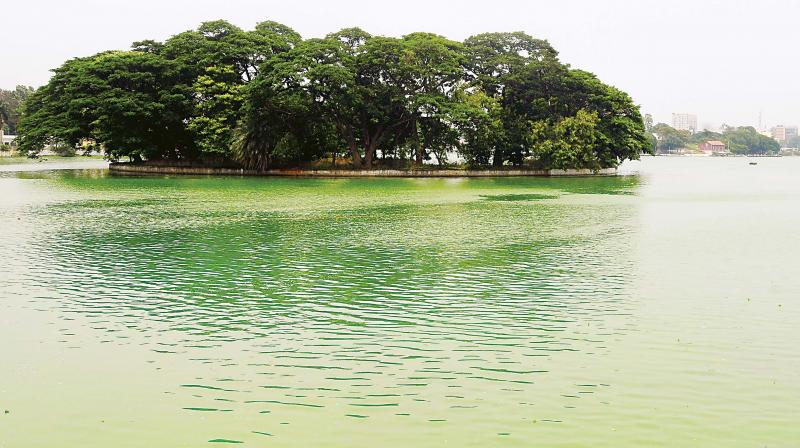Don't drink from these polluted Bengaluru rivers!

Bengaluru: If you thought Bengaluru's lakes were in bad shape, please, spare a moment for our rivers. Statistics from the Central Pollution Control Board, which conducted a study of 20 rivers in Karnataka, in collaboration with its local chapter, paint a very sorry picture. 16 out of these 20 rivers contained Class C recycled water, deemed suitable only for industrial use.
Only two stations at Ulsoor Lake and Hebbal Valley near Mandya and two more - D/s of Kannakapura and the TG Halli reservoir have been found suitable for irritation and controlled water disposal.
“The pollution is due to domestic waste and the use of detergents and soaps. An industry in Ramangara is discharging industrial waste,” said S. Siddaramaiah, environment officer, KSPCB, Ramanagara. A highly-placed official even admitted on condition of anonymity that municipal waste has polluted the Lakshmantirtha River.
The foam in Bellandur Lake, one of Bengaluru's largest, received much attention from across the world. Scathing media reports on administrative apathy led to the BWSSB making decentralised sewage plants mandatory for bulk generators like large apartment complexes and industries. Despite public ire over the condition of lakes, this ruling was met with outrage and is widely flouted. The government has 14 sewage treatment plants, the largest being in Koramangala, Challaghatta valley and Vrishabhavathi. These only treat half of Bengaluru's sewage, resulting in untreated water returning to our lakes and rivers.

